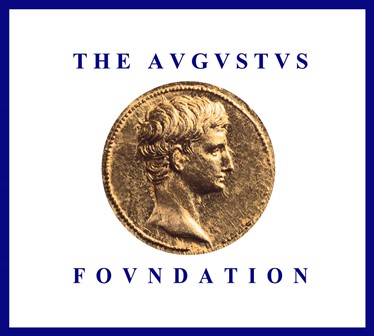
|
 |
- Home
- News
- Team
- Databases
- Conferences
- Oxford Studies on the Roman Economy
- Coin Hoards of the Roman Empire Project
- Affiliated Projects
- Publications
- Bibliographies
- Working Papers
- Links

Medieval guilds between quality construction and rentseeking monopolies
04-10-2012 | ||||
The past decades have witnessed an impressive amount of new scholarly work on pre-industrial (above all early modern) European craft guilds. Old assumptions have been nuanced, new insights proposed. But in the end, besides the work on the transfers of skills and training, little of this research has altered the way guilds are treated in general literature and the traditional and very contradictory assessment of guilds still prevail. On the one hand they are considered as necessary tools for compensating information asymmetries and constructing trust and quality and, hence, they were instrumental for making an economy of scarcity function by lowering transaction costs. On the other hand, they are considered as rentseeking institutions, making access into the formal economy difficult by monopolizing specific skilled trades and preventing (technological) innovation. Hence they raised opportunity costs and hampered with growth. Looking at the rise of medieval guilds in highly commercialized and industrialized regions, we will argue that such a double approach does not do justice to the complexities of guild economies, that our view of guilds (certainly in the earlier periods) is too much influienced by too rigid a reading of normative sources and that urban and guild legislation (and litigation) should rather be considered as a platform of social negotiation, where social status, economic opportunity and change are constantly being (re-)negotiated. |
Webdesign, databasedesign: Miko Flohr, 2010-2025. Content: OXREP, 2005-2025.